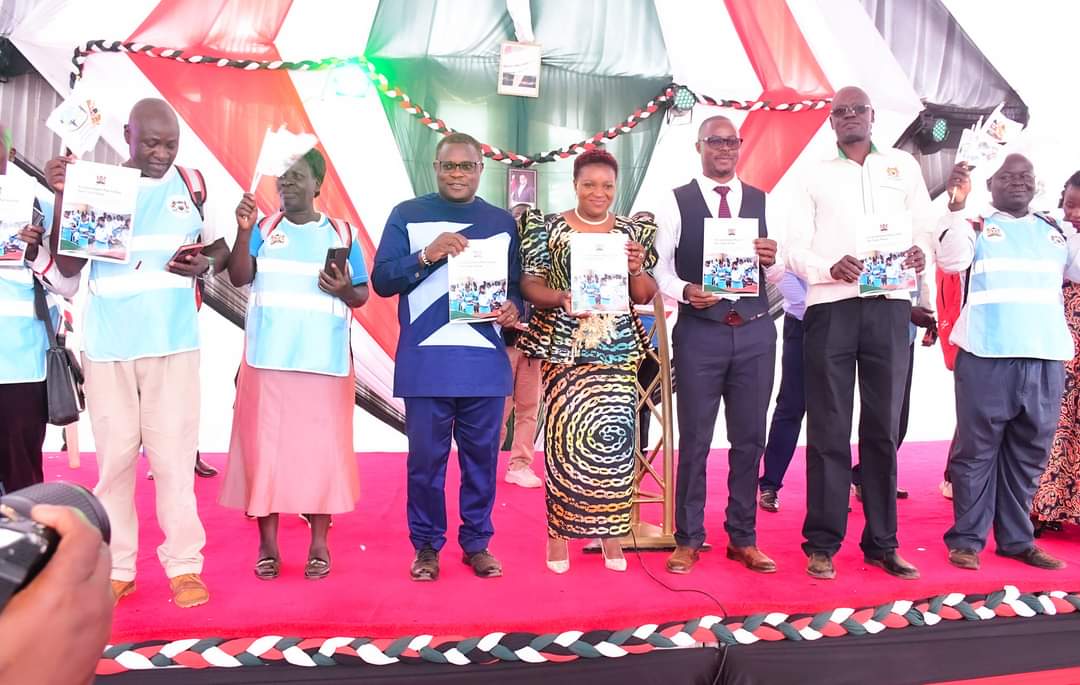
The Kenya Kwanza government and the Ministry of Health have launched a bold commitment plan aimed at ending the ‘Triple Threat’ of new HIV infections, gender-based violence (GBV), and teenage pregnancy by the year 2027.
During the conclusion of the Women Leadership Summit in Bungoma, the government unveiled the Commitment Plan, signaling its determination to equip technical personnel and administrative officers with the necessary skills and information to effectively tackle these pressing issues.
The commitment plan emphasizes empowering adolescents and young people while shielding them from inequalities and other health and social vulnerabilities that hinder their full potential.
Health Cabinet Secretary Nakhumicha underscored the importance of leveraging technology, expressing intentions to collaborate with ICT counterpart Eliud Owalo to explore possibilities of capturing records of sexual violence perpetrators.
“..In this regard, we have prioritized initiatives such as of ending the Triple Threat of new HIV infections, sexual and gender-based violence, and unintended pregnancies among adolescents and young people”, stated the Health CS.
Recognizing the urgency of addressing the ‘Triple Threat,’ the National Syndetic Disease Control Council (NSDCC) highlights its adverse impact on efforts to end the HIV pandemic in Kenya.
The NSDCC identifies sexually gender-based violence and teenage pregnancy as proxy indicators of heightened HIV infection risks.
As part of Kenya’s commitments under the ICPD25, the country pledged to enhance the health standards of adolescents and youth by addressing the ‘Triple Threat’ comprehensively.






